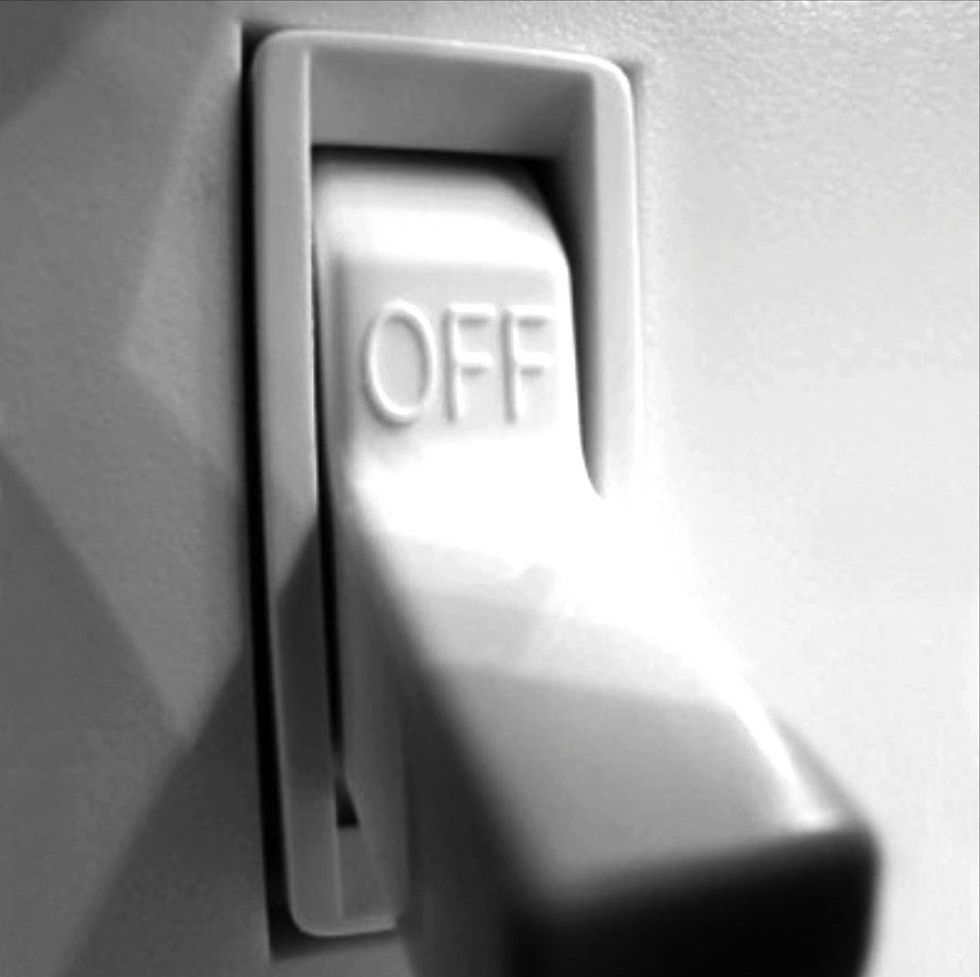Practical Steps to Become a Better Listener
- Kathy O'Brien

- Sep 22, 2018
- 2 min read
Updated: Jul 15, 2024
You’ve been brave enough to observe yourself, or maybe even ask a friend for some honest feedback about your listening skills. You’ve identified yourself as a bad listener. Now, how can you change your ways?

The first thing you must do is clarify your intention. Whatever situation you are going into, you have a reason for listening. Is it because you need to hear this information to do your job? Will you need to report what you hear to others? Are you curious? Do you want to listen because you truly care? These are examples of listening intentions.
The clearer your intention, the easier it will be for you to listen. When we really need it, or we really want it, we’re much better at doing it.
That brings us nicely to the second part: attention. Good listening requires attention – mental attention, physical attention, attention to the environment.
Environment is easy. What do you need to listen well? To get physically comfortable? To get away from distractions like that pile of work on your desk? To minimise background noise? Consciously choose these details to help yourself listen.
Physical attention means managing all your behaviours so your speaker really knows she’s being listened to. It can include eye contact, nodding and verbal following. It certainly doesn’t include glancing at your phone. Pay attention to the facial expression and posture you’re bringing to the conversation. Are they sending the messages you intend?
A few more tips:

Turn off the what-will-I-say button. When you catch yourself thinking of what you will say, just quiet your mind and go back to listening.
Take one full breath before responding. A single breath gives you time to complete your listening, take it all in, and then speak. The speaker who leaps in too quickly sends a message that he wasn’t actually listening.
Acknowledge – both content and emotion. Let the person know you hear her, or that you are sensing he’s really upset about this event.Reflect the person’s word choice. When you use his words, he not only gets evidence you were truly paying attention; he gets a feeling that you ‘get him’.
Ask questions – without embedded views. You might read our article on The Curious Case of the Question for more on this. In short, open questions encourage more sharing and show more interest in the other person.
Listening is the activity we practice the most often in our day, yet it’s also the least-taught skill in our communications repertoire. If you’d like to be a better listener, visit the International Listening Association’s website here. Only you can determine your level of authenticity when practicing your listening, but my bold promise is this: If you’re being authentic, listening better will make you a better person.
Kathy O'Brien is an executive communications coach and lifetime member of the International Listening Association.
Red Shoe coaches help you make deliberate choices in communicating your executive presence. Contact us to learn more.




Comments